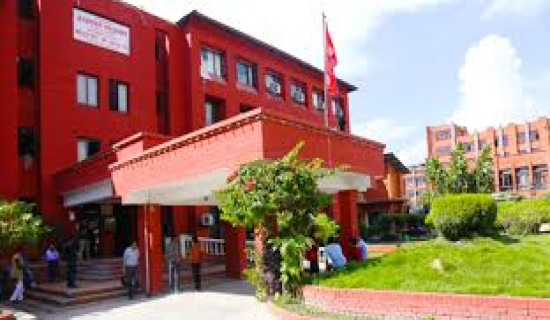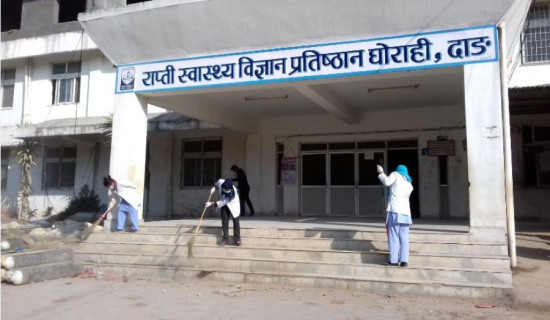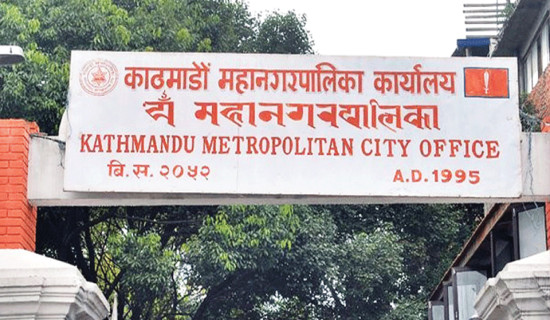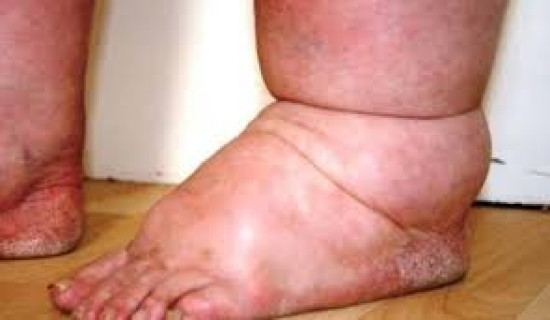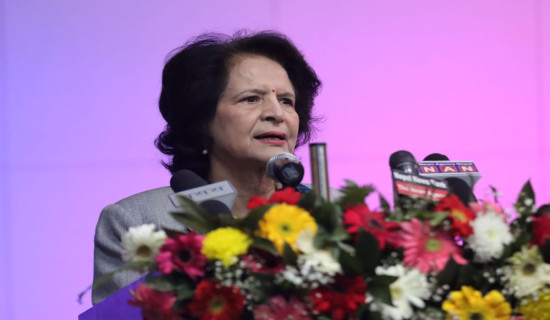- Monday, 9 February 2026
Kathmandu Valley's air quality reaches 'unhealthy level'
Air quality of Kathmandu Valley has worsened on Sunday and reached 'unhealthy level'.
HPV vaccination campaign for girls across the country begins
According to the Child Health and Vaccination Branch of the Department of Health Services, vaccination has begun for girls studying in grade 6 and out-of-school girls aged 10 years and above across the country from today. The campaign will run until February 27.
HPV vaccine to be administered at 215 locations in Dhankuta
The HPV vaccine will be administered at 215 locations, including 141 schools and 73 health centres, across the Dhankuta district. The District Health Office, Dhankuta, an
Fidim declared full immunization assurance municipality
Fidim municipality has been declared a municipality with full immunization, ensuring that all children within 23 months have received all types of vaccines that should be given by 15 months.
PM Karki vows resolving problems related to health insurance scheme
Prime Minister Sushila Karki has expressed commitment that the government would address the problems facing the health insurance scheme. Financial resources would be managed for it, she pledged.
Surveillance increased against Nipah virus at western border
Surveillance has been increased at the western border checkpoints with India to prevent the spread of the Nipah virus in view of its detection in the neighbouring country India.
Health Ministry urges to remain alert of Nipah virus infection despite low risk
Although the World Health Organization (WHO) has assessed low public health risk of the Nipah virus at global and at the South-East Asia regional level, the Ministry has urged people to adopt precautionary measures.
RAHS to provide cancer treatment
At a programme organised here today, officiating Vice-Chancellor of the Academy, Prof Shyam Lamsal, and Executive Director at the BP Koirala Memorial Cancer Hospital, Dr Shivaji Poudel, signed the agreement on the issue of exchanging necessary human resources by expanding cancer treatment service.
Door-to-door basic health care for senior citizens in Kathmandu
Kathmandu Municipal Corporation (KMC) is to provide basic health care services to senior citizens above 70 years of age at their home itself.
Hygienist Association demands to check toothpaste quality
The Dental Sciences Hygienist Association of Nepal has demanded the bodies concerned to inspect and check the quality of toothpaste brands that are available in the market and bring them under the ambit of action as well as implement the necessary standard.
Over 400 thousand people in Sarlahi district to receive medication against elephantiasis
The Epidemiology and Disease Control Division at Teku, Kathmandu, in coordination with the World Health Organization had conducted the test in last October by dividing 20 local rural municipalities of the district into two groups.
Government works to systematise Health Insurance Programme: Minister Gautam
Addressing the 30th anniversary of the Shahid Gangalal National Heart Centre here today, the Minister said the government is working on initiatives aimed at further systematising the health insurance programme.


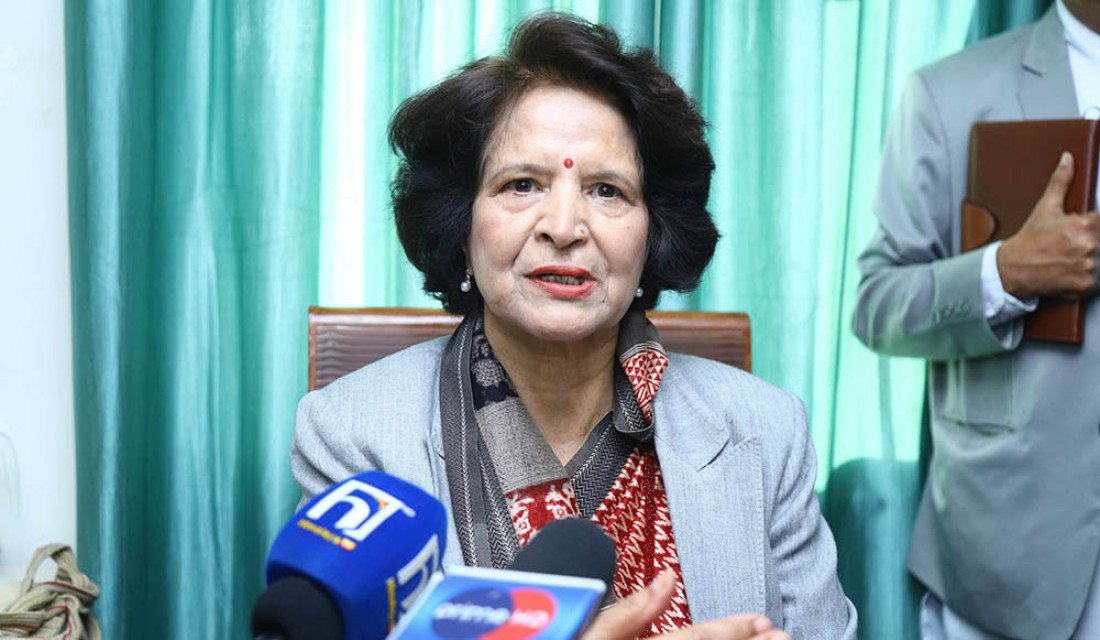
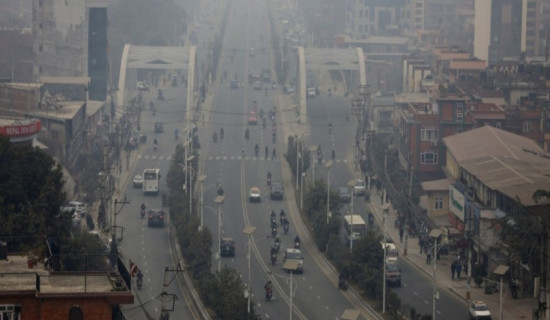
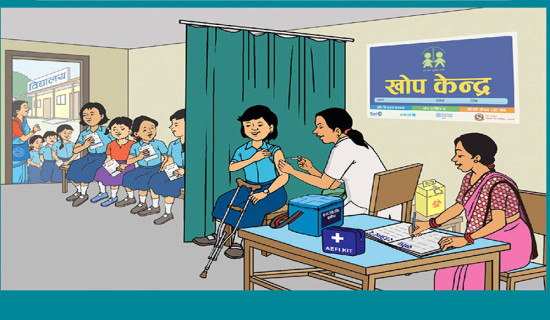

-original-thumb.jpg)


